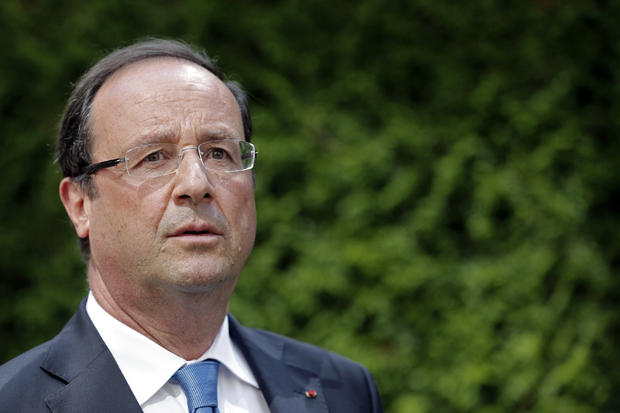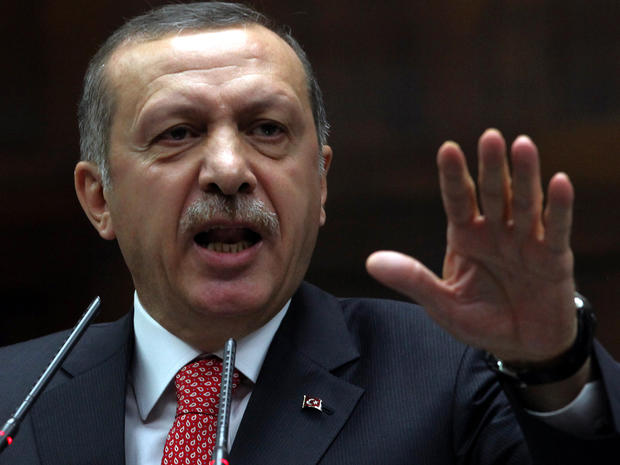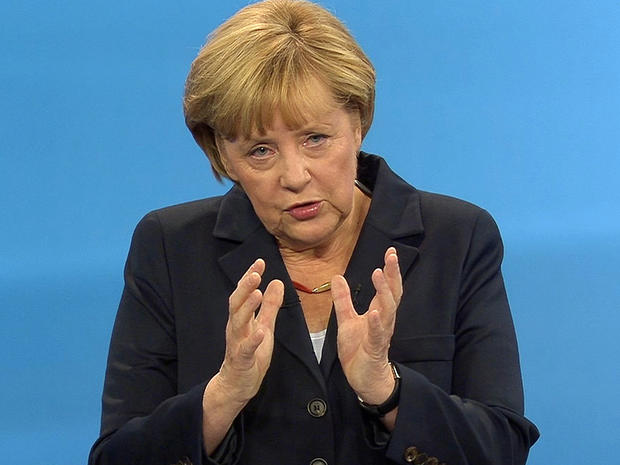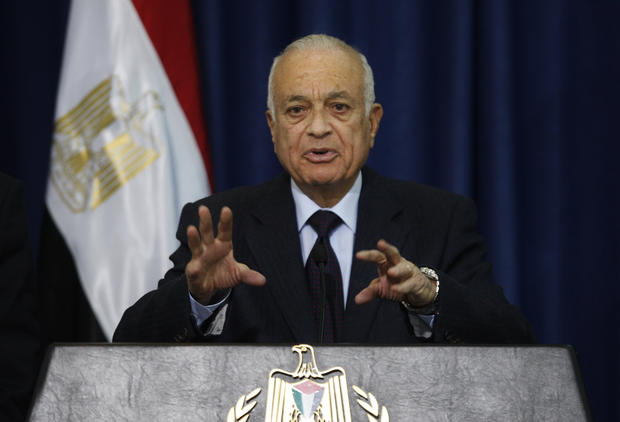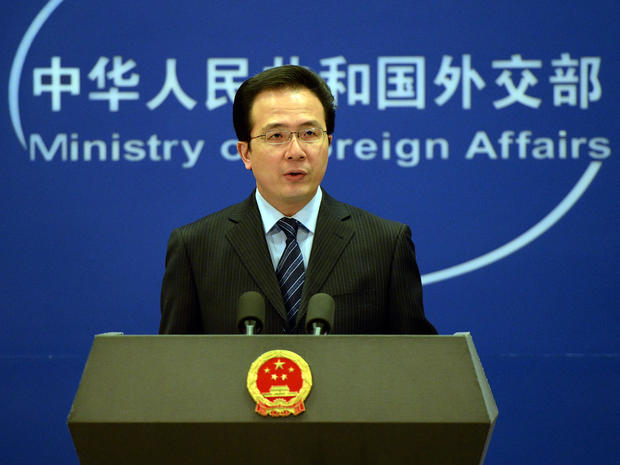Syria strike partners around the world few and far between for Obama
In asking Congress for a vote, President Obama has made it clear he would like a mandate from America's democracy behind him if he's going to order strikes inside Syria, but the White House is also working furiously to get international support for any military intervention.
It has been an uphill battle for Secretary of State John Kerry, whose ceaseless phone calls to some of Washington's closest allies -- and some of the U.S. government's greatest antagonists -- have thus far yielded a steadfast coalition of one: France. And even French President Francois Hollande is coming under attack from his domestic political opponents for pledging to support his American counterpart without the support of his public.
- Where's the evidence Assad used chemical weapons?
- Syria: Strikes would "tarnish" U.S. image in Mideast
- Complete coverage of the Syria Crisis
Below is a look at the latest statements from key nations and organizations which have offered President Obama some degree of support, or told him in no uncertain terms that Syria is not the right place, and now is not the right time to wield the might of the U.S. military.
The bottom line is that as of Monday, and with the exception of mere moral support from Great Britain and Australia -- neither of which is prepared right now to offer anything more tangible -- Mr. Obama would effectively have a coalition of the U.S. and France.
France: President Francois Hollande's government is as convinced as the White House that Syrian dictator Bashar Assad's regime ordered a chemical weapons attack on the eastern Ghouta suburbs of Damascus on Aug. 21.
Just like Mr. Obama, Hollande does not require the consent of his country's legislature to take limited military action abroad, and he has indicated that the French military would join in "proportional and firm action" against the Assad regime.
Elisabeth Guigou, the head of the foreign affairs committee in the French parliament, said Monday that Hollande was unlikely to bow to mounting pressure from domestic political opponents calling for him to follow Mr. Obama's example and seek a vote in the legislature.
"In a complicated situation like this, we need to stick to principles, in other words the constitution, which does not oblige the president to hold a vote, nor even a debate," said Guigou, according to the Reuters news agency.
Turkey: Turkey remains one of the nearest and most vocal opponents to President Assad's regime, and a relatively strong ally to Washington in the Muslim world, but President Recep Tayyip Erdogan has voiced support for a military intention with one key caveat: don't start something you're not prepared to finish.
"A government that killed more than 100,000 people cannot remain at helm anymore. It can no longer be allowed to pose a threat to the region," said Erdogan on Sunday, making no efforts to hide his animosity toward President Assad.
But he also warned the sort of strikes President Obama has touted -- "limited in duration in scope" -- could backfire.
"I would like to emphasize temporary measures in Syria will not be enough. A limited scope by aiming at local targets and avoiding an ultimate solution would worsen the conditions in the country," he said. "Unless efficient steps were taken, the Syrian regime would be encouraged to commit new massacres and humanitarian tragedy. We are urging our allies to avoid such temporary steps taken to save the day, and we tell them this would cause grave problems."
If President Obama does eventually order limited strikes it's unclear exactly how much support Erdogan would lend, and as a Muslim-majority NATO partner that shares a border with northern Syria, where U.S. troops and military hardware have already been for months, it will likely be an important factor in the White House's calculus.
Germany: Another key European ally has bowed out of any military action in Syria. Chancellor Angela Merkel said Sunday there must be "a collective answer by the U.N." to the use of chemical weapons in the war-torn country.
"Germany will not participate" in any U.S. military intervention without that U.N. backing, Merkel said in a political debate with a center-left rival, adding in reference to Mr. Obama's request for congressional approval that she was "very glad that we have a few days" to try and convince holdouts at the U.N. Security Council to back a unified response.
Arab League: The 22-nation-member Cairo-based organization, which includes key U.S. allies Saudi Arabia and Jordan has concluded that President Assad's regime was behind the chemical attack on Aug. 21, but ruled out on Monday any military action against the Syrian government.
"The military option is out of the question and, as (U.N. Syria envoy) Lakhdar Brahimi told the Security Council, the government won't be able to eliminate the opposition nor will the opposition be able to eliminate the government, so there must be a political solution," said Arab League Secretary-General Nabil Elaraby.
Russia: Moscow has remained throughout the two-and-a-half year crisis President Assad's most important international ally, blocking at every turn any harsh sanctions against Syria by wielding Russia's veto power in the United Nations Security Council. Russia had said months before the Ghouta attack that Syrian rebel groups were using chemical weapons, and in spite of the Obama administration's best efforts to convince them, President Vladimir Putin and his senior aides say they've been given no proof that it was Assad's government behind the latest attack.
Foreign Minister Sergey Lavrov said Monday that the information provided by the White House was "absolutely unconvincing." He said "there was nothing specific" in the evidence: "no geographic coordinates, no names, no proof that the tests were carried out by the professionals." He didn't explain what tests he was referring to.
Lavrov and other senior Russian officials have made it clear that, in their view, a strike by the U.S., with or without any other foreign backers, would be illegal under international law.
China: "China has noticed the reports about the United States publishing evidence. The U.S. has also briefed China on the situation," Chinese foreign ministry spokesman Hong Lei said Monday. "China is greatly concerned about the relevant country's plan on taking unilateral military action. Any action taken by the international community should abide by the principles of the United Nations, as well as the basic norms governing international relations, so as to avoid complicating the Syrian issue and dragging the Middle East down into further disaster."
China has joined Russia in blocking numerous draft sanctions aimed at punishing the Assad regime at the U.N. Security Council.
